Providing economic incentives to all parties involved is essential for the success of dynamic spectrum access. Cooperative spectrum sharing is one effective way to achieve this, where secondary users (SUs) relay traffics for primary users (PUs) in exchange for dedicated spectrum access time for SUs’ own communications. In this paper, we study the cooperative spectrum sharing under incomplete information, where SUs’ wireless characteristics are private information and not known by a PU.
We model the PU-SU interaction as a labor market using contract theory. In contract theory, the employer generally does not completely know employees’ private information before the employment and needs to offers employees a contract under incomplete information. In our problem, the PU and SUs are, respectively, the employer and employees, and the contract consists of a set of items representing combinations of spectrum accessing time (i.e., reward) and relaying power (i.e., contribution).
We study the optimal contract design for both weakly and strongly incomplete information scenarios. In the weakly incomplete information scenario, we show that the PU will optimally hire the most efficient SUs and the PU achieves the same maximum utility as in the complete information benchmark.
In the strongly incomplete information scenario, however, the PU may conservatively hire less efficient SUs as well.
We further propose a decompose-and-compare (DC) approximate algorithm that achieves a close-to-optimal contract. We further show that the PU’s average utility loss due to the suboptimal DC algorithm and the strongly incomplete information are relatively small (less than 2 and 1.3 percent, respectively, in our numerical results with two SU types).
- In our problem, the PU and SUs are, respectively, the employer and employees, and the contract consists of a set of items representing combinations of spectrum accessing time (i.e., reward) and relaying power (i.e., contribution).
- We study the optimal contract design for both weakly and strongly incomplete information scenarios. In the weakly incomplete information scenario, we show that the PU will optimally hire the most efficient SUs and the PU achieves the same maximum utility as in the complete information benchmark.
- In the strongly incomplete information scenario, however, the PU may conservatively hire less efficient SUs as well. We further propose a decompose-and-compare (DC) approximate algorithm that achieves a close-to-optimal contract.
- We further show that the PU’s average utility loss due to the suboptimal DC algorithm and the strongly incomplete information are relatively small (less than 2 and 1.3 percent, respectively, in our numerical results with two SU types).


















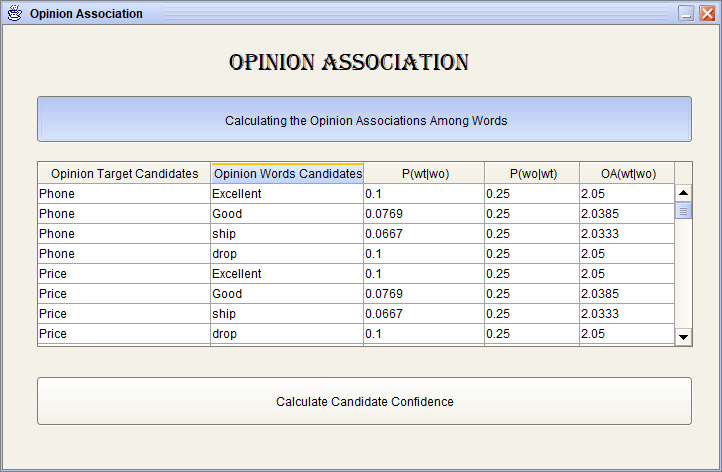

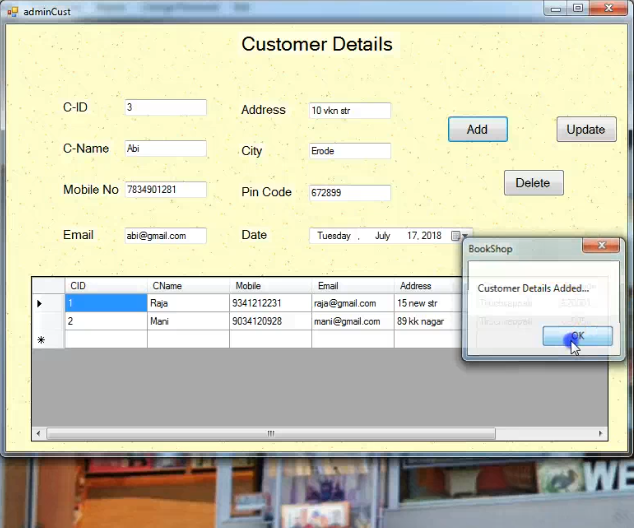

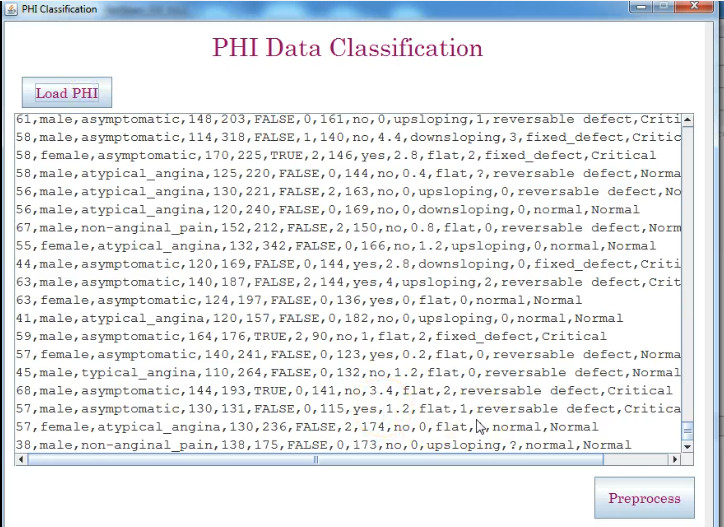


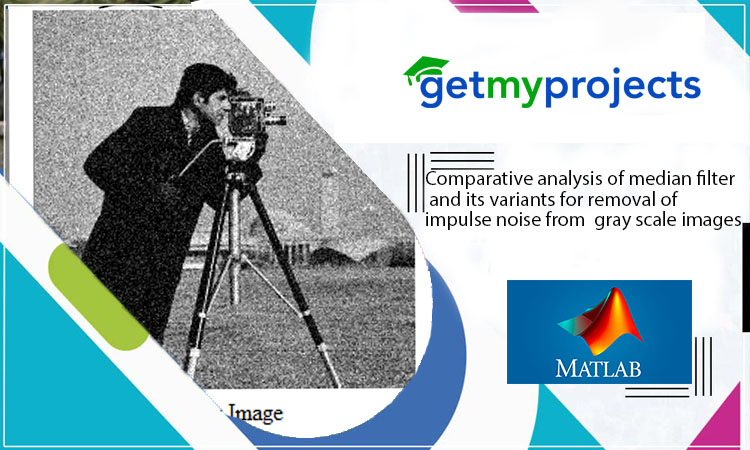




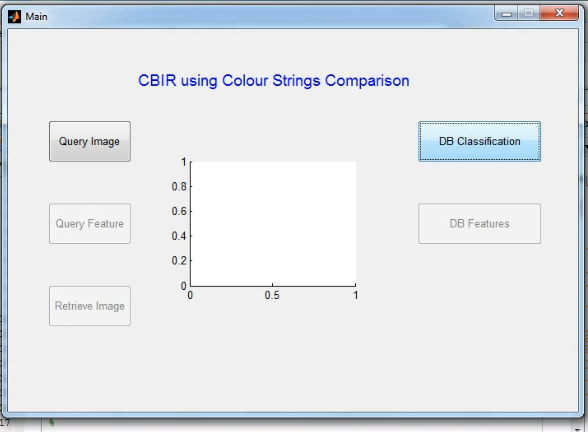
Reviews
There are no reviews yet.